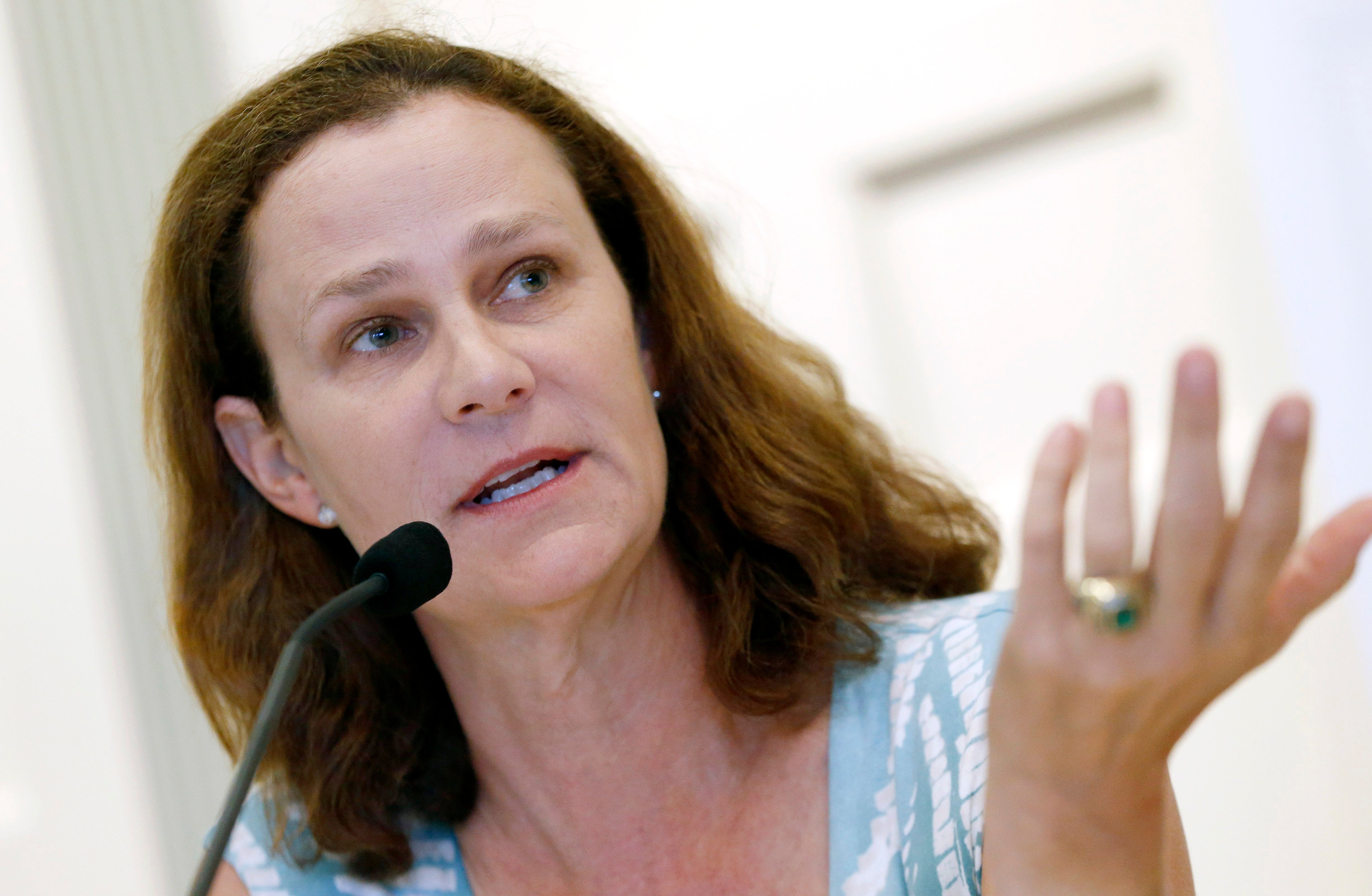Ex-tennis pro Shriver: 'damaging' relationship with coach
Former professional tennis player Pam Shriver says that she “had an inappropriate and damaging relationship with my much older coach” that began when she was 17 and he was 50

Former professional tennis player Pam Shriver, now a television commentator for ESPN and the BBC, says she “had an inappropriate and damaging relationship with my much older coach” that began when she was 17 and he was 50.
In a first-person account published Wednesday by British newspaper The Telegraph, Shriver describes a “painful and emotional journey” that included what she writes was a relationship with coach Don Candy that lasted a little more than five years.
Candy died in 2020.
“I still have conflicted feelings about Don. Yes, he and I became involved in a long and inappropriate affair. Yes, he was cheating on his wife. But there was a lot about him that was honest and authentic. And I loved him,” she says. “Even so, he was the grown-up here. He should have been the trustworthy adult.”
Shriver, who is now 59, turned pro in 1979, a year after she made it to the U.S. Open singles final at age 16. She beat Martina Navratilova in the semifinals before losing the title match to Chris Evert.
Shriver, who is from Maryland, would later team with Navratilova to win 21 Grand Slam trophies in women’s doubles.
In Wednesday’s piece, Shriver writes her “main motivation is to let people know this still goes on — a lot. I believe abusive coaching relationships are alarmingly common in sport as a whole. My particular expertise, though, is in tennis, where I have witnessed dozens of instances in my four-and-a-bit decades as a player and commentator.”
“Every time I hear about a player who is dating their coach, or I see a male physio working on a female body in the gym, it sets my alarm bells ringing,” she says.
Shriver says coming forward may help some younger players and “help coaches to understand that they need to not cross that boundary.”
The WTA issued a statement on Wednesday, indicating that “safeguarding requires vigilance, and we are continuing to invest in education, training and resources to improve our efforts.”
___
More AP tennis: https://apnews.com/hub/tennis and https://twitter.com/AP_Sports
Bookmark popover
Removed from bookmarks